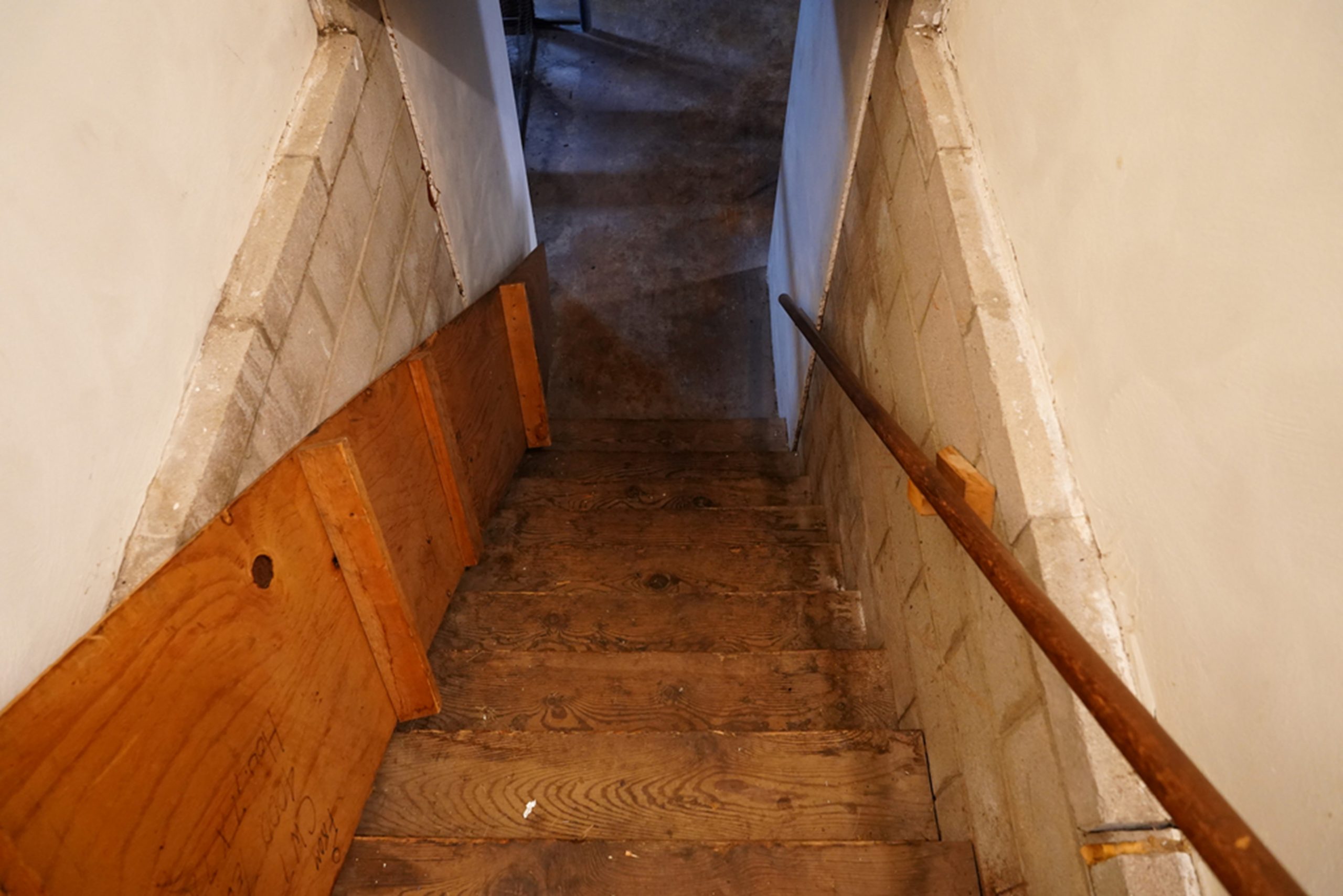Testimony of New York City Comptroller Brad Lander Before the New York City Council Committee on Housing and Buildings Oversight Hearing on Accessory Dwelling Units and a Pathway to Basement Legalization

Thank you for the opportunity to testify on the need to create a pathway for basement legalization in New York City and across the state.
Basement and cellar apartments sit at the nexus of the city’s housing and environmental crises. With a scarcity of affordable housing in New York City, these units are often the most practical option for vulnerable residents, especially working-class immigrants. However, these units exist outside of regulatory protections and tenancy rights, exposing residents to significant risks. Since most basement units are illegal, if a tenant files complaints about conditions in the unit, the Department of Building’s only option is to issue a vacate order. Basement dwellers are left in the precarious position of choosing between accepting inadequate or unsafe conditions in their home or losing their home entirely. The deterrent to self-advocating, coupled with the reality that many homeowners often lack the necessary resources to meet onerous regulations, makes disasters nearly inevitable. In the summer of 2021, Hurricane Ida took the lives of 13 New Yorkers, including 11 who drowned in basement apartments. In addition to climate risks, fires remain a deadly risk for residents who lack proper egress, light, and ventilation.
A year and a half after Hurricane Ida, residents in basement and cellar units remain in limbo, although the City and State has multiple options for a path forward that would both protect tenants from fire and flooding and add significant contributions to the City’s housing stock. I strongly support Councilmember Hanif’s resolution for the State Legislature and the Governor to pass A.9802/S.8783 to create a program to legalize Accessory Dwelling Units in New York City. This legislation would also create an amnesty program for property owners with existing ADUs, reform the prohibitively costly requirements of the Multiple Dwelling Law, and set the path toward providing tenants with strong protections.
On August 30, 2022, the New York City Comptroller’s Office published a report called “Bringing Basement Apartments Into the Light: Establishing a NYC Basement Board to Provide Basic Rights, Responsibilities, and Protections for Basement Apartment Residents and Owners.” The report offers a proposal modeled on the response to the safety and legal challenges loft tenants faced in the 1980s. The State responded with the passage of the Loft Law, which created both immediate protections for tenants as well as a long-term conversion process to get their living spaces up to code. This model provides lifesaving physical improvements, rights and responsibilities to both owners and tenants, as well as a pathway to full legalization.
Our report proposes that the State adopt legislation to adopt a new “Basement Resident Protection Law” to achieve similar goals. The proposed legislation would:
- Create a Basement Board reflective of the diverse constituencies affected to administer the program and financial support, develop inspection regimes, and enforce the provision of services and tenant protections;
- Require owners to register all currently occupied basement and cellar units with the Basement Board (resident protections would not be contingent on registration);
- Ensure robust, language accessible outreach to occupants in basement and cellar units to promote awareness of the new program;
- Mandate and provide funding to owners for the installation of basic safety measures, including carbon monoxide and smoke detectors and backflow preventers, to mitigate flooding risks during severe rain events like Hurricane Ida;
- Establish basic rights and responsibilities for basement-dwellers and owners, including the requirement to provide basic services and the legal right to collect rent;
- Immediately protect basement-dwellers from harassment, eviction, and the denial of essential services, and create new pathways for proactive enforcement and better occupancy data for the implementation of early flood warning systems;
- Provide a registration framework that supports and is coordinated with ongoing safety inspections and legalization efforts; and
- Require the City and State to provide affordable housing to New Yorkers living in units deemed to be so unfit for living due to egregious fire safety, habitability and flood risks that they must be vacated.
The Basement Apartments Safe for Everyone (BASE) Coalition has laid the foundation for existing efforts to legalize basement and cellar apartments in New York City. Cypress Hills Local Development Corporation, a coalition member, led the way for the East New York Basement Apartment Conversion Pilot Program (BACPP), created through legislation passed by this Council. Although the COVID-19 pandemic and budget cuts hindered the program, BACPP nevertheless very helpfully elucidated the barriers homeowners face in legalizing basement units. The City must re-allocate funding to further build on the critical lessons learned and successes of this pilot program.
The City and State cannot wait to take action to protect the lives of vulnerable New Yorkers who live in basement and cellar apartments. As climate change brings more extreme weather patterns and flood risks are projected to increase, tenants need immediate protections as well as comprehensive legalization of basement apartments. Thank you for convening a critical hearing on this issue, and we look forward to collaborating with partners at the local and state level to both add to the city’s much-needed supply of affordable housing and prevent future tragedies.
###